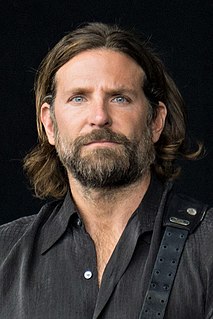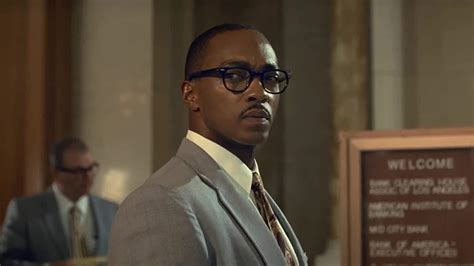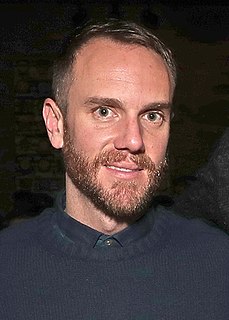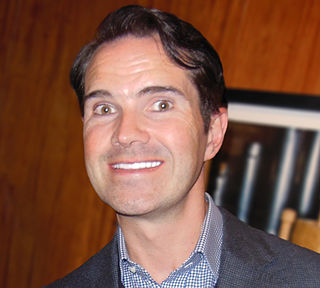A Quote by Bradley Cooper
There's got to be something you want to tell and that's the engine which spurs all of the work you have to do in order to create the story, but you have to love some sort of nugget of what you're telling to be a filmmaker.
Related Quotes
The thing that I think a director has to have in order to make a movie really work, and to certainly make a film that feels personal, which I hope this one does, is that you have to have a sense of the feeling that you want to create in people, the tone which you want to tell the story, and the basic themes you want to come out. You can't compromise on those because you are then not making the movie that you are going to be good at telling.
The thing that I think a director has to have in order to make a movie really work, and to certainly make a film that feels personal, is that you have to have a sense of the feeling that you want to create in people, the tone which you want to tell the story, and the basic themes you want to come out. You can't compromise on those because you are then not making the movie that you are going to be good at telling.
I usually try to connect with young filmmakers over the phone so I can hear them and just pick their brain as to why they want to tell the story. And usually, I'm on board. I go, "Yeah, I'd love to help. And I just need to know why you want to do this,' and it's usually an easy process because a filmmaker usually reveals his or her heart in telling the story. And that's why I'm pretty much of a softy when it comes to helping along the young ones along the way.
I am very excited to work with people who have a strong vision of what they want. They're trying to tell a story, and they want to use me. I'm there to facilitate that. I really like that. I'm like, "Tell me where your frame is. Tell me what you want, what kind of story you want, and I will facilitate it." That's sort of my job, and it makes my work better when I'm working in that kind of a frame, and hopefully it's their work. It's incredibly collaborative, in the sense that you're working toward a common goal.
When I make film music, I'm a filmmaker first and foremost. It's about serving the needs of the film. You're telling a story; in a way, you stop becoming a composer and become a storyteller instead. You tell the story with the most appropriate themes. How you approach these things is a very personal matter, but your goal is to tell the story first.
So you want another story?" Uhh... no. We would like to know what really happened." Doesn't the telling of something always become a story?" Uhh... perhaps in English. In Japanese a story would have an element of invention in it. We don't want any invention. We want the 'straight facts,' as you say in English." Isn't telling about something--using words, English or Japanese--already something of an invention? Isn't just looking upon this world already something of an invention?
I hate irony, particularly when it is used because there isn't any message or to hide that someone hasn't any story to tell. Just like when someone only spews out a stack of cool words which don't mean anything and then has the gall to call it art. I always want to create a bridge between us and the listener, and I want it to be so that kids want to create for themselves a story or a context of the words.


































